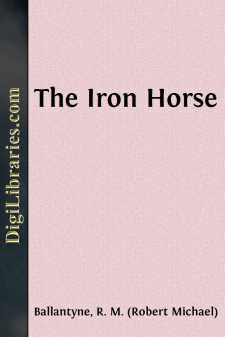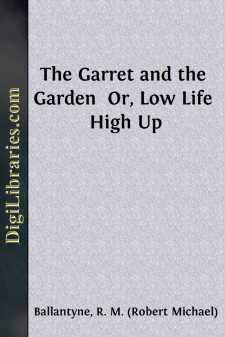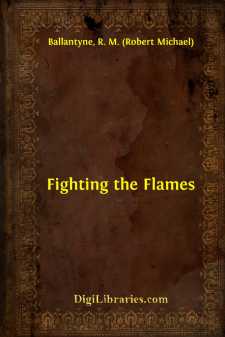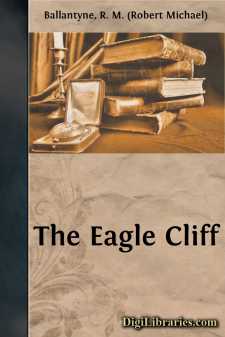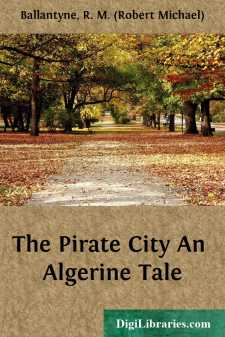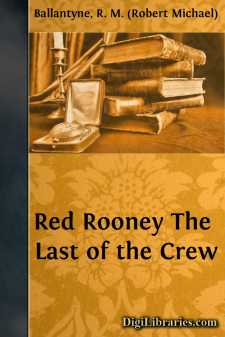Categories
- Antiques & Collectibles 13
- Architecture 36
- Art 48
- Bibles 22
- Biography & Autobiography 813
- Body, Mind & Spirit 142
- Business & Economics 28
- Children's Books 17
- Children's Fiction 14
- Computers 4
- Cooking 94
- Crafts & Hobbies 4
- Drama 346
- Education 46
- Family & Relationships 57
- Fiction 11829
- Games 19
- Gardening 17
- Health & Fitness 34
- History 1377
- House & Home 1
- Humor 147
- Juvenile Fiction 1873
- Juvenile Nonfiction 202
- Language Arts & Disciplines 88
- Law 16
- Literary Collections 686
- Literary Criticism 179
- Mathematics 13
- Medical 41
- Music 40
- Nature 179
- Non-Classifiable 1768
- Performing Arts 7
- Periodicals 1453
- Philosophy 64
- Photography 2
- Poetry 896
- Political Science 203
- Psychology 42
- Reference 154
- Religion 513
- Science 126
- Self-Help 84
- Social Science 81
- Sports & Recreation 34
- Study Aids 3
- Technology & Engineering 59
- Transportation 23
- Travel 463
- True Crime 29
Post Haste
Categories:
Description:
Excerpt
Preface.
This tale is founded chiefly on facts furnished by the Postmaster-General’s Annual Reports, and gathered, during personal intercourse and investigation, at the General Post-Office of London and its Branches.
It is intended to illustrate—not by any means to exhaust—the subject of postal work, communication, and incident throughout the Kingdom.
I have to render my grateful acknowledgments to Sir Arthur Blackwood; his private secretary, Charles Eden, Esquire; and those other officers of the various Departments who have most kindly afforded me every facility for investigation, and assisted me to much of the information used in the construction of the tale.
If it does not greatly enlighten, I hope that it will at all events interest and amuse the reader.
R.M. Ballantyne.
A Hero and His Worshipper.
Once upon a time—only once, observe, she did not do it twice—a widow of the name of Maylands went, in a fit of moderate insanity, and took up her abode in a lonely, tumble-down cottage in the west of Ireland.
Mrs Maylands was very poor. She was the widow of an English clergyman, who had left her with a small family and the smallest income that was compatible with that family’s maintenance. Hence the migration to Ireland, where she had been born, and where she hoped to live economically.
The tumble-down cottage was near the sea, not far from a little bay named Howlin Cove. Though little it was a tremendous bay, with mighty cliffs landward, and jutting ledges on either side, and forbidding rocks at the entrance, which waged continual warfare with the great Atlantic billows that rolled into it. The whole place suggested shipwreck and smugglers.
The small family of Mrs Maylands consisted of three babes—so their mother styled them. The eldest babe, Mary—better known as May—was seventeen years of age, and dwelt in London, to which great city she had been tempted by an elderly English cousin, Miss Sarah Lillycrop, who held out as baits a possible situation and a hearty welcome.
The second babe, Philip, was verging on fifteen. Having kicked, crashed, and smashed his way though an uproarious infancy and a stormy childhood, he had become a sedate, earnest, energetic boy, with a slight dash of humour in his spirit, and more than a dash of determination.
The third babe was still a baby. As it plays little or no part in our tale we dismiss it with the remark that it was of the male sex, and was at once the hope, fear, joy and anxiety of its distracted mother. So, too, we may dismiss Miss Madge Stevens, a poor relation, who was worth her weight in gold to the widow, inasmuch as she acted the part of general servant, nurse, mender of the household garments, and recipient of joys and sorrows, all of which duties she fulfilled for love, and for just shelter and sustenance sufficient to keep her affectionate spirit within her rather thin but well-favoured body.
Phil Maylands was a hero-worshipper. At the time when our tale opens he worshipped a youth—the son of a retired naval officer,—who possessed at least some of the qualities that are occasionally found in a hero....



